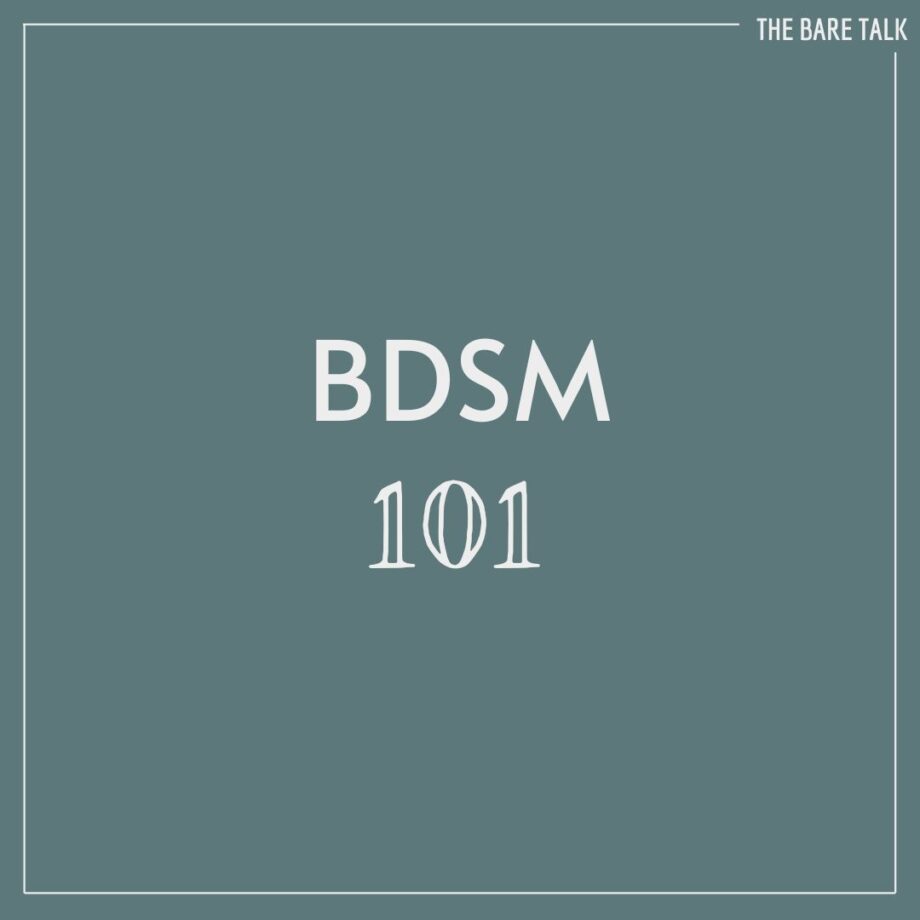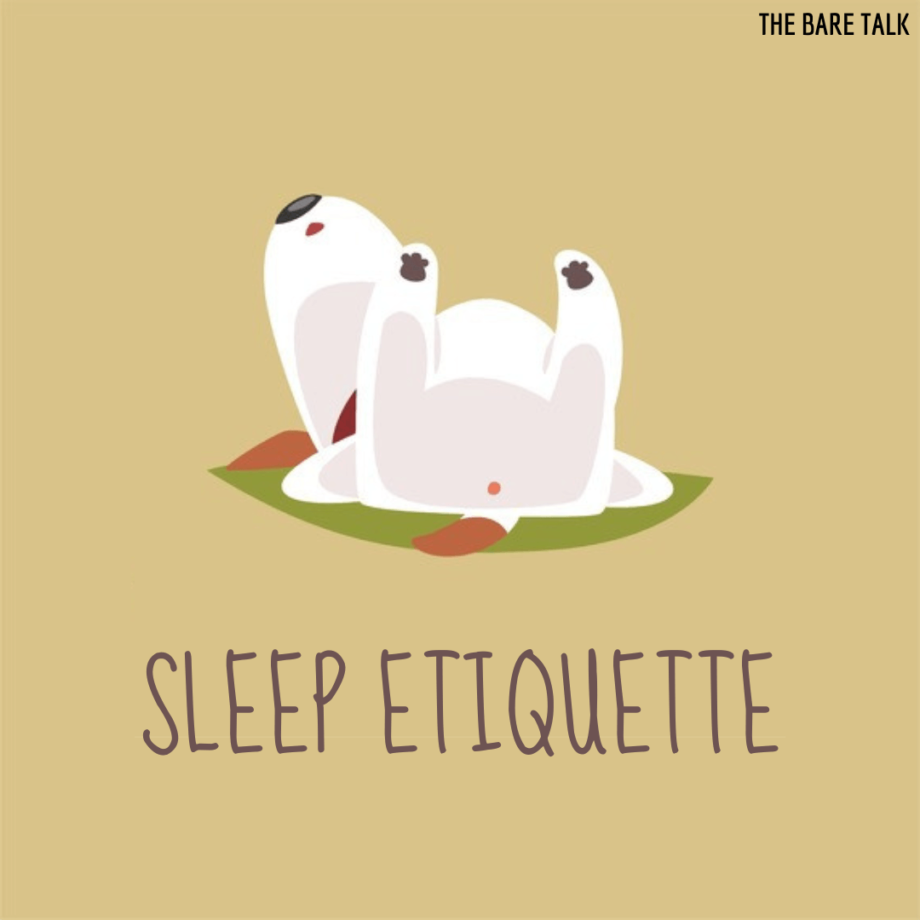Burnout is a state of emotional, physical, and mental exhaustion caused by excessive and prolonged stress. It is a psychological syndrome of exhaustion, cynicism, and inefficacy.
Exhaustion refers to feelings of being overextended and depleted of one’s emotional and physical resources.
Cynicism refers to a negative, hostile, or excessively detached response to the job, which often includes a loss of idealism.
Inefficacy refers to a decline in feelings of competence and productivity
Recognising Burnout:
Indications of burnout can be classified into physical, emotional & behavioural.
-
- Physical signs
-
-
- Feeling tired & drained most of the time.
- Lowered immunity, frequent illnesses, increase in headaches, gastrointestinal issues, etc.
- Change in appetite/sleep
-
2. Emotional signs
-
-
- Sense of failure & self-doubt.
- Feeling helpless, lonely & detached.
- Unmotivated.
- Pessimistic & cynical outlook
- Decreased satisfaction & sense of accomplishment.
-
3. Behavioral signs
-
-
- Withdrawing from responsibilities.
- Isolating yourself
- Procrastinating
- Using food, drugs, or alcohol to cope.
- Taking out frustrations on others.
- Absenteeism or coming in late & leaving early.
-
Causes of Burnout:
-
- Work-related causes of burnout
-
-
- Having little or no control over work.
- Lack of recognition or reward for good work.
- Unclear or overly demanding job expectations.
- Doing work that’s monotonous or unchallenging.
- Working in a chaotic or high-pressure environment.
-
2. Lifestyle causes of burnout
-
-
- Overworking, without enough time to socialise or relax
- Lack of close, supportive relationships.
- Taking on too many responsibilities, without enough help from others.
- Not getting enough sleep.
-
3. Personality traits can contribute to burnout
-
-
- Perfectionistic tendencies; nothing is ever good enough.
- Pessimistic view of yourself and the world.
- The need to be in control; reluctance to delegate to others.
- High-achieving, Type A personality.
-
avoiding burnout:
- Set boundaries/ learn to say no to more work
- Take breaks, rest, relax
- Practise self care
- Implement or try to incorporate healthy coping strategies
- Engage / talk to loved ones when feeling burdened
- Find smaller, easy to do tasks that provide sense of accomplishment &/or joy
recovering from burnout:
- Identify source of burnout
- Find immediate way to relax/unwind/destress
- Explore your solutions – Prioritise, delegate, take a leave, etc.
- Set boundaries
- Listen to your body
- Practise self-care
- Seek professional help
Burnout is extremely common & a serious issue in today’s time. This post is not a diagnosis tool and we are sharing this only as a resource. If you notice any of these signs then please contact a mental health professional for help. Please do not self-diagnose as it can be inaccurate and may be harmful.
If you’d like to book a consultation call/therapy session with us, you can fill the intake form here and we’ll reach out to you at the earliest possible



